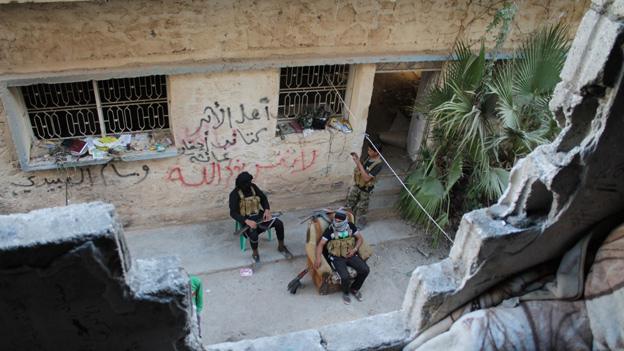Portsmouth men killed in Syria were 'radicalised online'
- Published
First broadcast on October 20 2014: The BBC's Emma Vardy reports on what is known about Mehdi Hassan
A faith equality leader in Portsmouth has blamed social media and the internet for "radicalising" young men fighting in Syria for Islamic State.
It follows news of the death of Mehdi Hassan who became the fourth man from the city to die in the conflict.
Speaking on BBC 5Live, Portsmouth Interfaith Forum, external coordinator Taki Jaffer said Islamic State promoted "evil propaganda" through the internet.
He described the four men's actions as "alien" and "nothing to do with Islam".
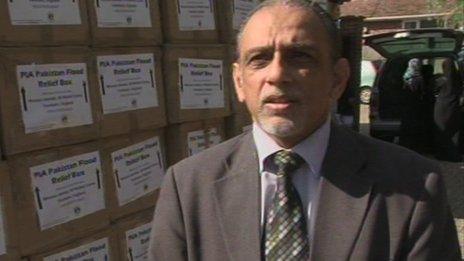
Taki Jaffer described men fighting for IS as "terrorists"
A photo of Mr Hassan's body first emerged on Twitter on Friday, before his family confirmed to their local mosque they had received news of his death.
He had previously used Facebook to host a question and answers session for friends in Portsmouth about his time with Islamic State (IS).
Iftekar Jaman, Mamunur Roshid and Hamidur Rahman, all from Portsmouth, have also been killed in the fighting.
Mr Jaffer said there were "constant messages" from the city's mosques to young Muslims urging them to "beware of the radicalisation".
However, he suggested that could not control what people were accessing when they were "alone" with the internet at home.
Along with social media he said it had "played a huge part in radicalising these people".
"I am sure the internet is responsible for a lot of this propaganda that IS are promoting - the evil propaganda that they're promoting," he added.
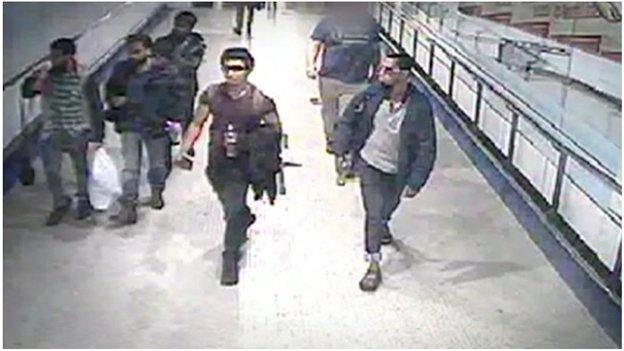
Mehdi Hassan, Mamunur Roshid, Hamidur Rahman, Assad Uzzaman and Mashudur Choudhury travelled from Portsmouth in October last year
He described men fighting for IS as "terrorists".
"These are people who do not believe in Islam as far as I'm concerned because what they are propagating is nothing to do with Islam," he added.
Privately educated Mr Hassan left the UK with Mr Roshid, Mr Rahman, Assad Uzzaman - who is still believed to be in Syria - and Mashudur Choudhury, in October last year.
Choudhury returned to the UK after a few weeks, was arrested at Gatwick Airport and became the first person in the UK to be convicted of terrorist offences in connection with the conflict in Syria. in May.
Britain's most senior police officer, Metropolitan Police Commissioner Sir Bernard Hogan-Howe, has said at least five Britons are travelling to Iraq and Syria to join IS every week.
- Published25 October 2014
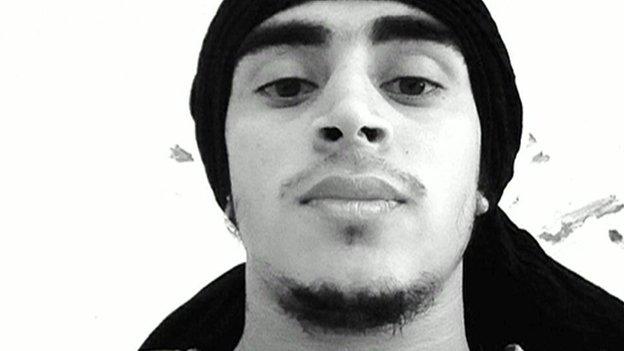
- Published25 October 2014
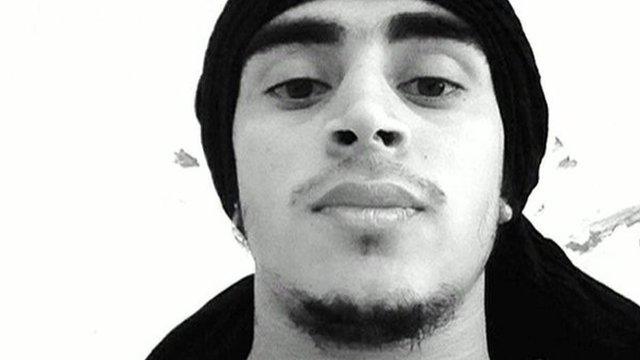
- Published20 May 2014
- Published17 December 2013
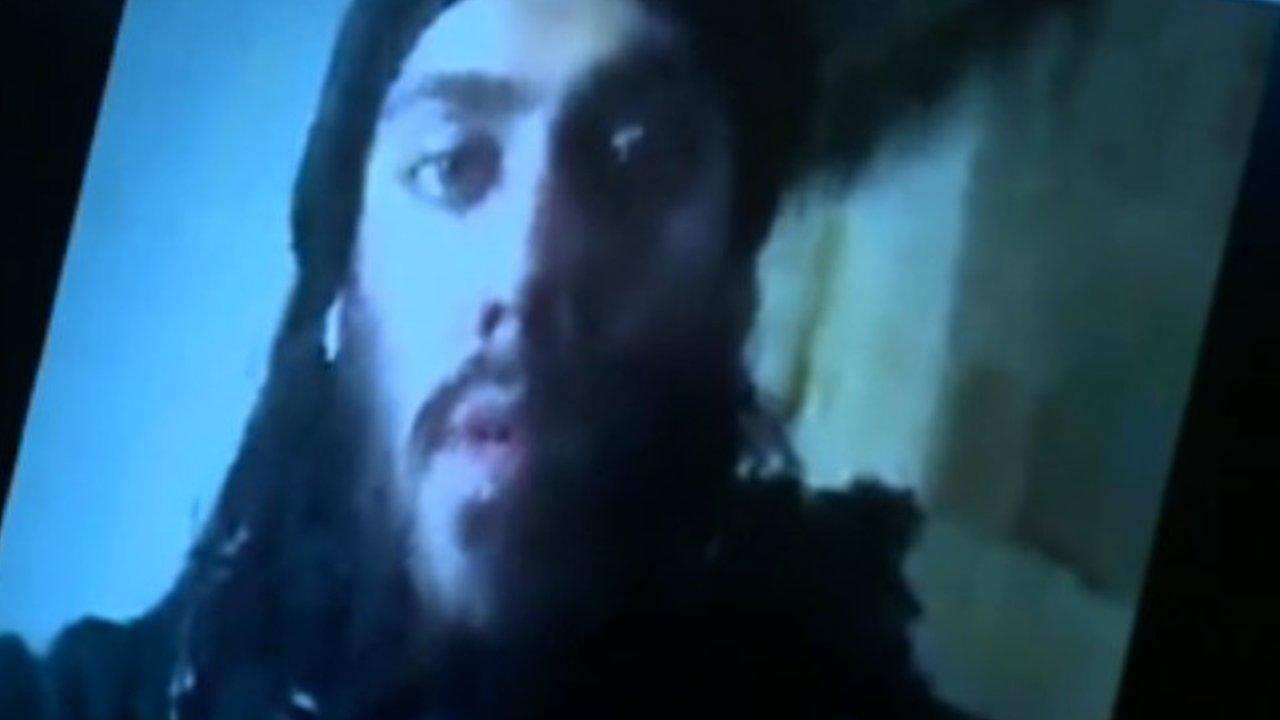
- Published21 November 2013
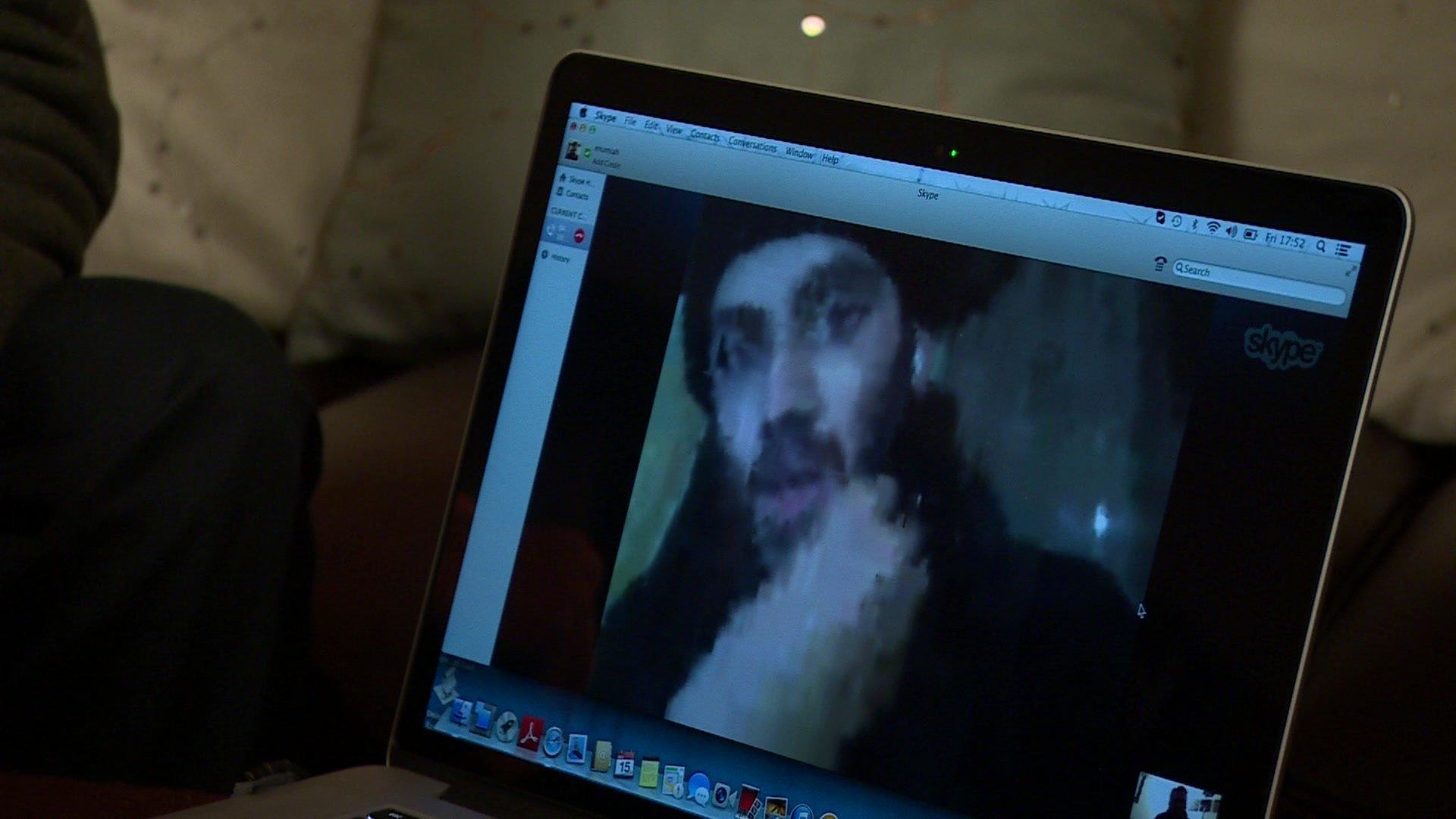
- Published15 October 2013
